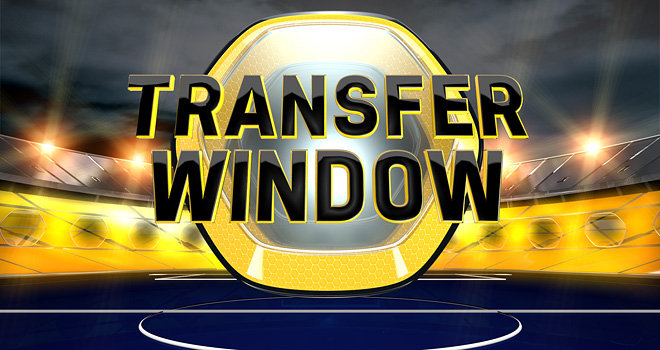 The New England Revolutions losing streak is up to eight games after Saturday nights 2-1 home defeat to the struggling Columbus Crew.
The New England Revolutions losing streak is up to eight games after Saturday nights 2-1 home defeat to the struggling Columbus Crew.
A.J. Soares’ 50th-minute goal brought the Revs’ level after Columbus scored the first goal just before halftime, but Ethan Finley’s game-winning goal in the 84th-minute sealed the win for the visiting Crew.
This was a game that was there to be won by New England, but eventually the braver moves by Crew head coach Gregg Berhalter were the difference in the game.
This is Heaps third season in charge of New England but his coaching decisions on Saturday shows a manager who is not growing into the job, a manager who is clutching at straws much like his players.
Heaps made three coaching decisions during the Crew game that cost the Revolution at least one point, if not all three.
All three were substitutions and the first came in the 21st minute when Chris Tierney went down with a knee injury and Heaps brought on
Darrius Barnes instead of Kevin Alston. Heaps had went with Barnes at right back against Dallas a week ago, and it was a turnover by Barnes late that directly led to Dallas’s second goal.
To say that Barnes was poor against the Crew is an understatement. His mistakes directly led to both Columbus goals.
It was his needless foul on Ethan Finlay that set up the brilliant fee kick from Higuarin, a tackle that Heaps was not impressed with in his post match press conference:
One of the main things we tried to stay away from was fouling near the 18 yard box. We knew that (Federico) Higuain can hit that well. Obviously, it was a tough way to go in at halftime after we broke the game plan a little bit.
Then with the game stretched late Barnes completely whiffed on a clearance allowing Finlay to score.
Instead of playing Barnes out of position against Columbus, why did Heaps not go with defender Kevin Alston, who is comfortable playing at left-back? Alston was an unused substitute on Saturday and surely would have provided better defensive support than Barnes? Why did Heaps think that Barnes, playing out of decision, would be a better option than Alston?
After the Soares header tied the game up, New England pressed for a winner until Heaps second substitution, replacing Patrick Mullins for Imbongo, making only his second league appearance of the season with 23 minutes to go.
I don’t know what Heaps was hoping for in making this substitution but whatever it was it didn’t happen. In his 23 minutes Imbongo managed only eight touches, and one of them was the kickoff after the Crew’s second goal.
Not only was Imbongo invisible, but his introduction was a straight like for like. Why not go with two up front and play both Imbongo and Mullins together? Or move Diego up front next to Imbongo and go 4-4-2? Instead Heaps fails to takes the initiative and it cost the Revolution a potential win.
If the Imbongo substitution was confusing the one in the 81st minute was baffling as Heaps took off an attacker Teal Bunbury and out on a midfielder Daigo Kobayashi. At home tied 1-1 and in the midst of a seven game losing streak, Heaps takes seemingly waves the white flag, settling for a point.
That decision spurned Berhalter into action as the Crew boss realized that this game was there to be won by his side and he brought on Justin Meram, a decision that turned the game:
In explaining the substitution after the match, Bernhalter drew a line between himself and Heaps saying:
We think (Justin Meram) can be a guy that starts the games. But when he doesn’t, we know what he can bring. We know how dangerous he is, how talented he is and he can make a play. So we put them in purely to win the game. We made two subs and we didn’t want a tie. We wanted to win. That’s the attitude we have. That’s what type of soccer we try to play: be aggressive, be offensive. We make moves like that to win.
Bernhalter was brave with his decisions and the Crew have now won back-to-back games for the first time March. Meanwhile in New England Heaps conservative in game decisions cost New England at least a point and probably all three.


